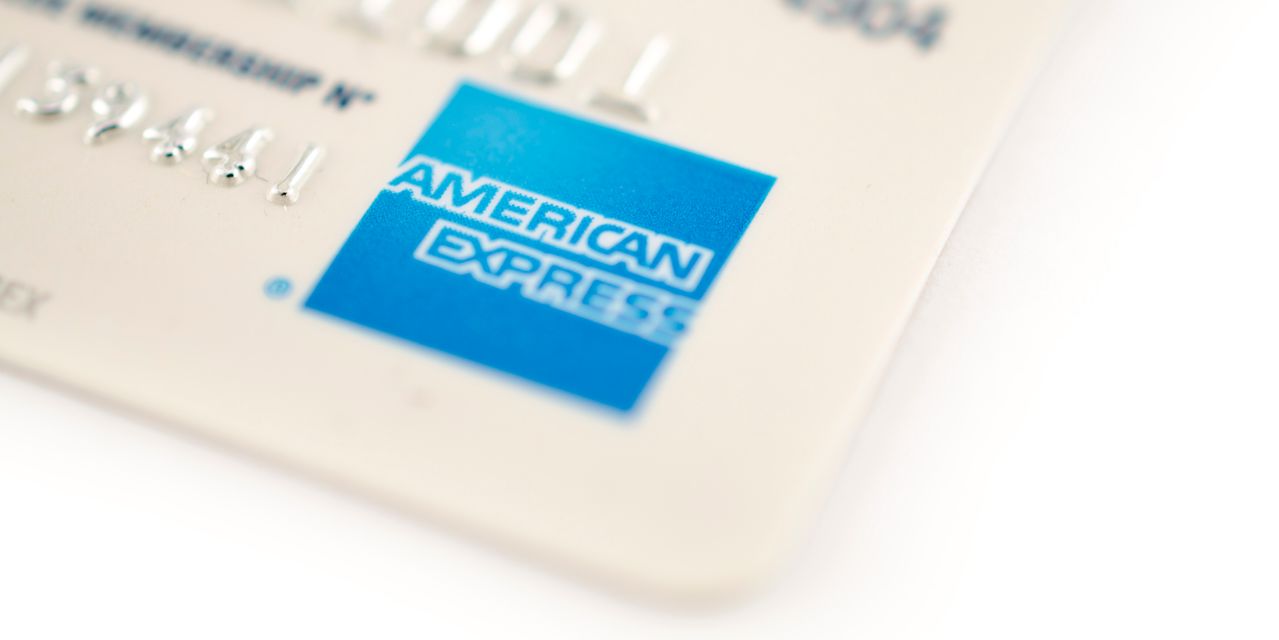American Express Co. caters to more affluent consumers, and the company has been upbeat in recent months about the way its business has held up amid challenging economic conditions.
But Citi Research analyst Arren Cyganovich has concerns about how the credit-card giant will weather the macroeconomic storm in a mild recession. He downgraded Amex shares
AXP,
to sell from neutral Thursday, while cutting his price target to $130 from $159.
Amex customers may be “less susceptible to unemployment,” but they have a tendency to pull back on spending during weaker economic times, according to Cyganovich.
“Our downgrade of American Express reflects our view that potential for lower billed business has not been fully contemplated by investors as spending volume in past recessions has turned negative,” he wrote.
Read: Inflation is impacting consumers very differently
In this case, he is modeling 2% growth, not negative growth, because American Express has continued to grow the portion of its business mix beyond travel and entertainment spending. Those other areas could prove “a bit more resilient” in his view, though not enough to give him a bullish feeling on the stock.
“While we believe American Express is a great company with a platform for growth in the future, we are concerned about the stock over the next 12-18 months,” Cyganovich continued. “AXP has less credit-loss sensitivity than peers, but faces consumer spending cyclicality during periods of recession.”
Read: 5 trends to track this earnings season — with five action points. And yes, inflation is one.
That said, he’s upbeat about the company’s upcoming earnings report, due out Oct. 21. He predicts that results for the latest period could be “a bit better than consensus,” fueled by generally strong spending levels, namely in travel and entertainment. Additionally, the company’s third-quarter numbers could benefit from solid loan growth and continued strength in credit quality, per Cyganovich.
Shares of Amex are off 0.7% in premarket trading. The shares have fallen 17% so far this year as the Dow Jones Industrial Average
DJIA,
has dropped 20%.
